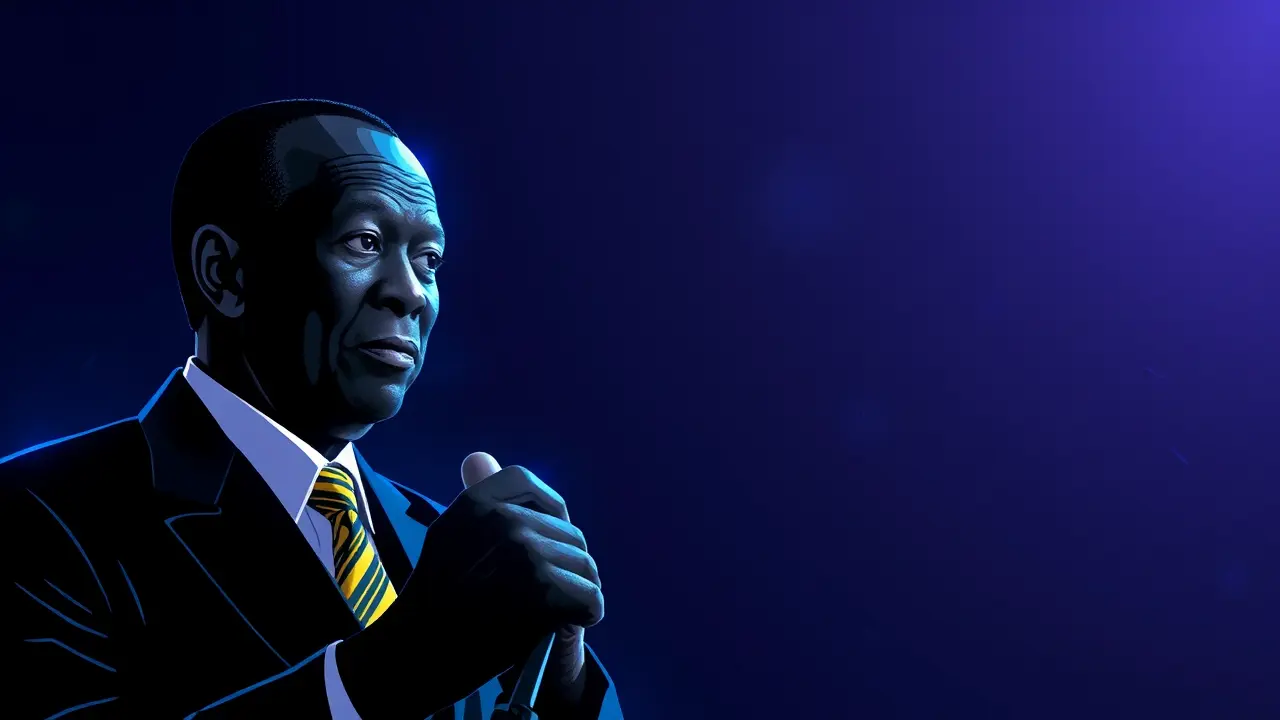
Politicsprotests & movements
Ugandan President Admits Kenyan Activists Were Detained.
RO
Robert Hayes
8 hours ago7 min read3 comments
In a development that echoes the complex geopolitical maneuvers of a bygone era, Ugandan President Yoweri Museveni has formally acknowledged the detention of Kenyan activists within his nation's borders, a move that immediately casts a long shadow over regional diplomacy and the delicate balance of power in East Africa. The long-serving leader, a figure whose tenure has outlasted multiple American presidencies and who has often styled himself as a stalwart of African sovereignty, did not mince words, attributing the action to the pernicious influence of 'foreign groups' he accused of stoking internal unrest.This is a classic Museveni tactic, one reminiscent of the Cold War playbook where external bogeymen were routinely invoked to justify internal crackdowns, a strategy that allows a regime to reframe a domestic challenge as an international conspiracy and thus evade scrutiny on its own human rights record and governance failures. The specific identities of these activists and the precise nature of the 'unrest' they are alleged to have fomented remain shrouded in the kind of opaque state secrecy that has characterized his administration's approach to dissent, raising immediate and grave concerns from Nairobi to Geneva.The historical precedent here is stark; we need only look to the parallels with the early 20th-century colonial administrations that routinely detained agitators for 'sedition' to understand how the machinery of state power is often deployed to silence opposition under the guise of national security. This incident cannot be viewed in isolation; it is a critical data point in the escalating tension between Uganda and Kenya, two economic powerhouses whose relationship is as vital as it is volatile, bound together by the East African Community but frequently divided by political spats and trade disputes.The detention of foreign nationals, particularly from a neighboring ally, represents a significant escalation, a calculated risk that suggests Museveni is willing to test the limits of regional solidarity to assert his authority. Analysts who monitor the Great Lakes region will be watching the response from Kenyan President William Ruto with keen interest; will he pursue quiet diplomacy, leveraging economic ties to secure their release, or will this provoke a public condemnation that could fracture a key alliance? The broader implication is a chilling effect on civil society across East Africa, where activists already operate under the constant threat of reprisal.It sends a clear, unequivocal message that cross-border solidarity can and will be met with the full force of the state, a principle that undermines the very foundations of the African Union's aspirations for integrated governance and collective security. Furthermore, this act invites scrutiny from international bodies like the United Nations Human Rights Council and potentially triggers a reassessment of aid and diplomatic support from Western partners who have, at times, turned a blind eye to Uganda's democratic deficits in favor of stability in a turbulent region.The strategic calculus for Museveni is clear: by framing this as a defense against foreign interference, he rallies a nationalist base and diverts attention from mounting domestic pressures, including a youth demographic increasingly restless with his enduring rule and an economy struggling with inflation. In the grand chessboard of East African politics, this is a provocative move, one that risks isolating Kampala at a time when it can least afford it, and it serves as a sobering reminder that the old tactics of strongman politics are far from obsolete, merely repackaged for a new century.
#featured
#Uganda
#Yoweri Museveni
#Kenya
#activists
#arrest
#human rights
#foreign interference
#protests
Stay Informed. Act Smarter.
Get weekly highlights, major headlines, and expert insights — then put your knowledge to work in our live prediction markets.
© 2025 Outpoll Service LTD. All rights reserved.